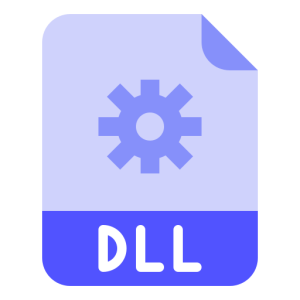Description
MFC100.DLL is a dynamic link library (DLL) file that is a part of the Microsoft Foundation Class (MFC) library. It is specifically associated with MFC version 10.0, which is included in Microsoft Visual C++ 2010. MFC is a collection of classes and functions that provide a framework for building Windows-based applications using C++. MFC100.DLL contains the necessary code and resources to support the functionality and behavior of MFC-based applications.
MFC100.DLL plays a vital role in enabling the execution and functioning of applications developed using MFC. It provides a wide range of utility functions and classes that simplify tasks such as window management, user interface design, message handling, and resource management. The DLL ensures that MFC-based applications can interact seamlessly with the underlying Windows operating system.
As with other DLL files, MFC100.DLL is often bundled with applications developed using Microsoft Visual C++ 2010. This ensures that end-users have the required runtime components, including MFC100.DLL, installed on their systems. It’s important for users to have the appropriate version of the Microsoft Visual C++ Redistributable package installed to avoid compatibility issues with software relying on MFC100.DLL.
Purpose and Functionality
MFC100.DLL provides essential functionality and resources for MFC-based applications. Some key areas of its purpose and functionality include:
- Window Management: The DLL assists in creating and managing windows and dialog boxes within an MFC application. It provides functions and classes for handling user input, displaying graphical elements, and responding to various events.
- User Interface Design: MFC100.DLL offers a set of classes and tools for designing user interfaces in MFC applications. It includes support for creating menus, toolbars, status bars, and other user interface components.
- Resource Management: The DLL helps manage application resources such as icons, bitmaps, strings, and other graphical and textual elements. It provides functions and classes for loading and accessing these resources during application execution.
Common Use Cases
MFC100.DLL is primarily used by developers and end-users of applications developed using Microsoft Visual C++ 2010 and the MFC framework. It is commonly required for the following scenarios:
- Software Development: Developers include references to MFC100.DLL in their MFC-based applications to ensure that end-users have the required runtime components for the application to function correctly.
- Application Execution: When an end-user launches an MFC-based application, MFC100.DLL is loaded into memory to provide the necessary support and functionality for the application to run smoothly.

